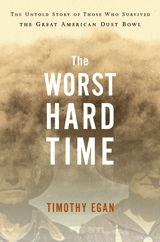Jazz Britannia, Ken Burns-style.
The Guardian has this to say about the series. The most interesting bit from the article:
The boldface is mine. Sounds like someone's protesting too much: the very best British jazz has no distinctive sound or attitude? How could it not? One would think that shedding deference to the American sound would invariably, and favo(u)rably, result is something more natively British. I'm not saying that in a blindfold test one could hear the musical equivalent of a British accent coming through the speakers, but that there is some audible character unique to the music created in Britain, whatever the circumstances.In its repeated insistence that British jazz avoided being wiped from the face of the earth only through the discovery of its own distinctive sound, which it dates to the release of [Stan] Tracey's Dylan Thomas suite, this valuable series puts an unnecessary strain on its credibility.
Apart from occasional pastoral or folk-based works by the likes of John Surman, Danny Thompson's Whatever and Ken Hyder's Talisker, the very best of British jazz seldom shows any sign of overt "Britishness", or of any other distinctive sound or attitude. What has happened instead is that British jazz musicians of all kinds have gradually grown in self-confidence, losing the inferiority complex that had its roots in a deference towards the American masters, taking their place in a music characterised by its infinite inclusiveness and its embrace of musicians of true originality.
I like this argument less and less the more I read it over; it feels like I'm making the case for some kind of essentialist national musical character. But discarding geography's influence on music-making (or art-making) remains a mistake. Would Ornette Coleman sound the same if he had come up in Boston? In Toronto? In Moscow?





0 Comments:
Post a Comment
<< Home